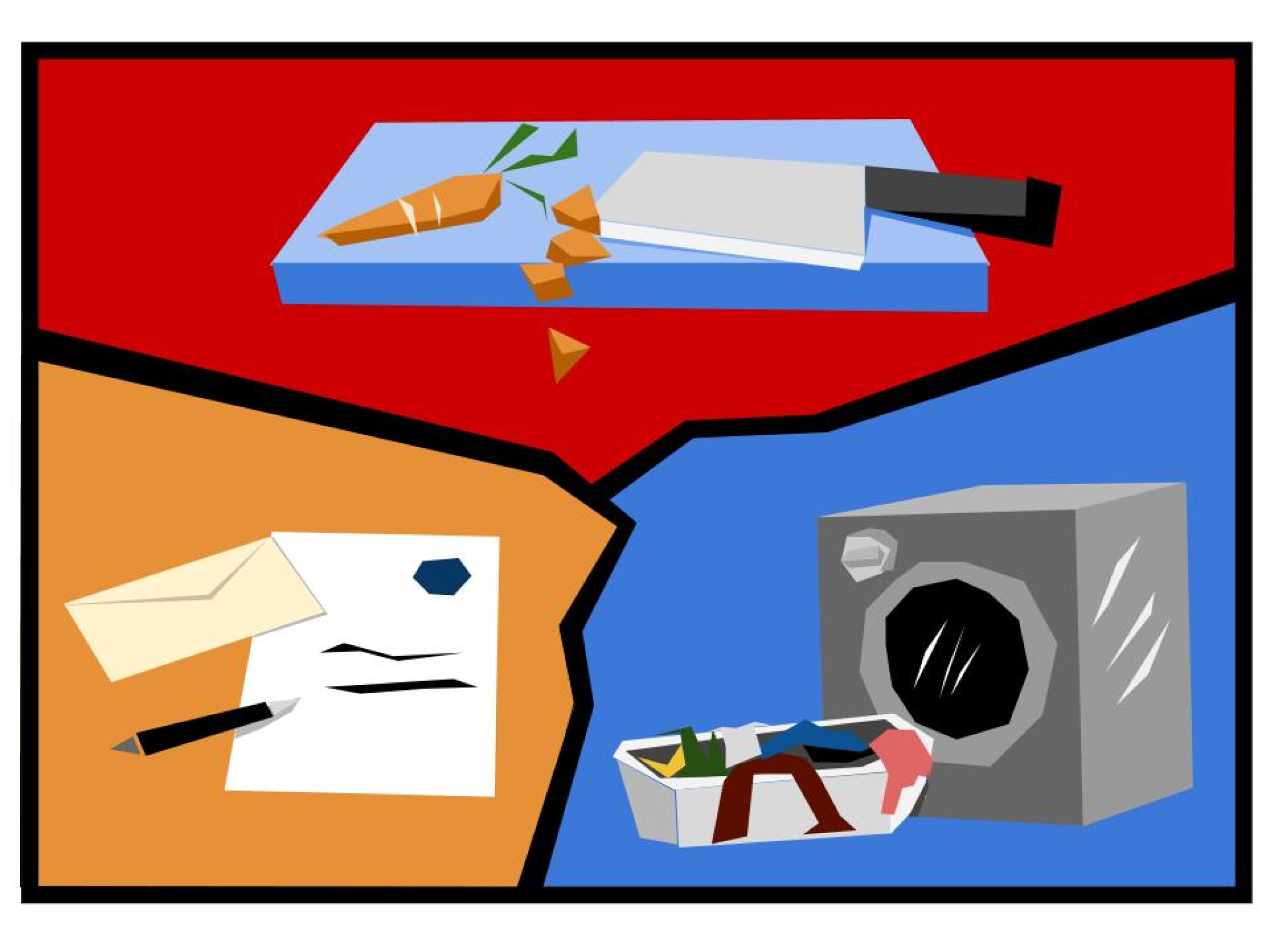From cooking and cleaning to paying bills and budgeting, “adulting” can seem like a daunting task for many soon-to-be adults. High school is often the first time students have to balance so many responsibilities, with many struggling to maintain their mental health while under the pressure that comes along with school and the looming college admissions process. These struggles are often exacerbated with the added responsibilities of “adulting” that come after graduating high school.
After experiencing their own roadblocks adjusting to life after high school, University of California (UC) Berkeley juniors, Belle Lau and Jenny Zhou, were inspired to start a UC Berkeley DeCal focused on teaching students how to become successful adults. The DeCal program at UC Berkeley allows students to create and teach low commitment and unconventional classes. In the past few months, the class has garnered media attention and been featured by multiple publications.
Lau was motivated to help other UC Berkeley students after struggling with her own mental health as a result of UC Berkeley’s competitive atmosphere. “I felt stressed to want to accomplish so many things within a 24-hour day that I would feel helpless. I know that I am definitely not the only college student who feels like this and thought it would be a great idea to have guest speakers come in to tell us ways to address and manage our stress without burning out or breaking down,” Lau said. While the internet has an abundance of tips and tricks on “adulting,” Lau and Zhou started their class to provide a resource for those who could benefit from “one-on-one guidance”. According to Lau, through their class, students can “broaden their idea of adulting” and “prepare for the real world after college.” During each class session, guest speakers present on topics such as mental and physical health, budgeting, and home maintenance.
A major component of Zhou’s and Lau’s philosophy on “adulting” is setting specific goals and developing a strict plan to achieve them. “Mastering anything requires hard work, discipline, and consistent practice — so always make sure your goal is well-developed, specific, and has a strong intention behind achieving that goal. This will ensure that your goal is actually mastered,” said Zhou.
Though the class is aimed at college students, for many high schoolers, learning “adulting skills is already on their minds. ‘I definitely know that I have a lot to learn about living on my own. Things like bank accounts, bills, or renewing my passport! I’m not at all prepared for everything,” said Berkeley High School (BHS) senior Emerald Balke-Juarez. For high schoolers who don’t have access to a class like Zhou and Lau’s, Zhou recommended looking for sources providing advice backed by credible evidence. “Remember that the most valuable advice is advice that is relevant to you. So, just because something worked for someone else, it does not mean it will work for you,” said Zhou.
According to Lau, it’s much easier to start picking up adulting skills such as financial responsibility and healthy coping mechanisms while still in high school. “Asking for help and guidance and learning from respected adults is a great way to learn important life skills … Half the battle is just admitting that you are in need of learning how to be independent,” added Lau.
It’s been a running joke for a few years now that young people these days can’t “adult,” with some blaming the issue on overly involved — helicopter —parents not giving their children the space to become independent. However, according to Rachel Flehinger, the principal of the Adulting School in Portland, Maine, there are many factors that can contribute to an individual’s lack of “adulting” skills. “Parents roles have evolved to working more and either trying to set their kids up for college with activities like extracurriculars and sports. Some parents are simply too busy to teach the basics to their kids and are struggling to make ends meet,” Flehinger said.
Zhou and Lou hope students overcome these obstacles and raise awareness of how prevalent these struggles are. “I hope that people reading the articles [covering the class] will understand that even academically talented students can still struggle with life skills, and that is completely okay,” said Zhou.





